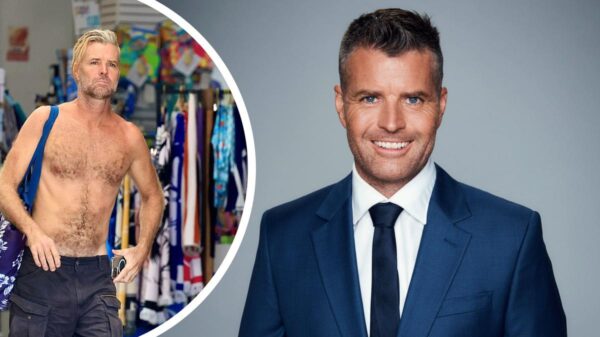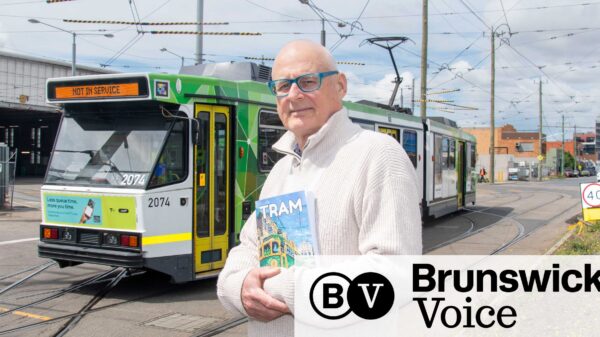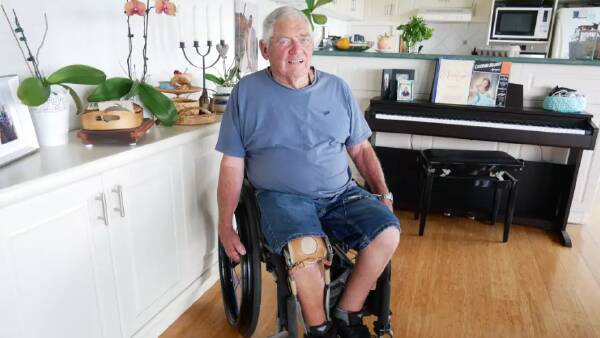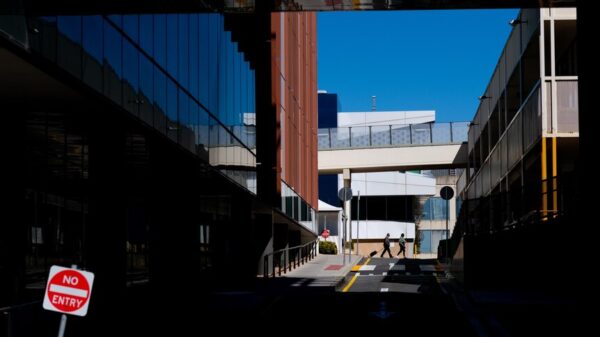A woman from Australia experienced a life-threatening cardiac arrest while attending an Adele concert in March 2017. This incident not only garnered significant media attention at the time but also highlighted the importance of immediate medical intervention in emergencies.
The concert took place at the Domain Stadium in Perth, where thousands gathered to enjoy the iconic singer’s performance. During the show, the unidentified woman suddenly collapsed, prompting immediate action from fellow concert-goers and medical personnel on site.
Witnesses reported a chaotic scene as bystanders rushed to help. Paramedics arrived promptly and initiated resuscitation efforts. The quick response of the medical team played a crucial role in stabilizing her condition before she was transported to a nearby hospital for further treatment.
Reflecting on her experience, the woman described the moments leading up to her collapse. She recalled feeling unwell but attributed it to the excitement of the concert. “I remember feeling a bit dizzy, but I didn’t think much of it. The next thing I knew, I was waking up in the hospital,” she said.
Her recovery journey involved both physical and emotional challenges. After spending several days in the hospital, she was diagnosed with a heart condition that required ongoing management. The incident has since raised awareness about the risks associated with sudden cardiac events, especially in high-energy environments like concerts.
In the years since her experience, the woman has become an advocate for heart health. She emphasizes the need for event organizers to have adequate medical facilities on site. “Everyone should know what to do in an emergency,” she stated. “Having trained personnel and equipment can make all the difference.”
The Australian healthcare system has also taken steps to improve cardiac care at public events. Many venues now have defibrillators readily available and staff trained in first aid. These measures aim to ensure that help is accessible during large gatherings, where the risk of medical emergencies can increase.
As she shares her story, the woman hopes to inspire others to pay attention to their health and seek help when needed. Her experience serves as a reminder of the unpredictable nature of health and the vital importance of preparedness in public settings.



































































